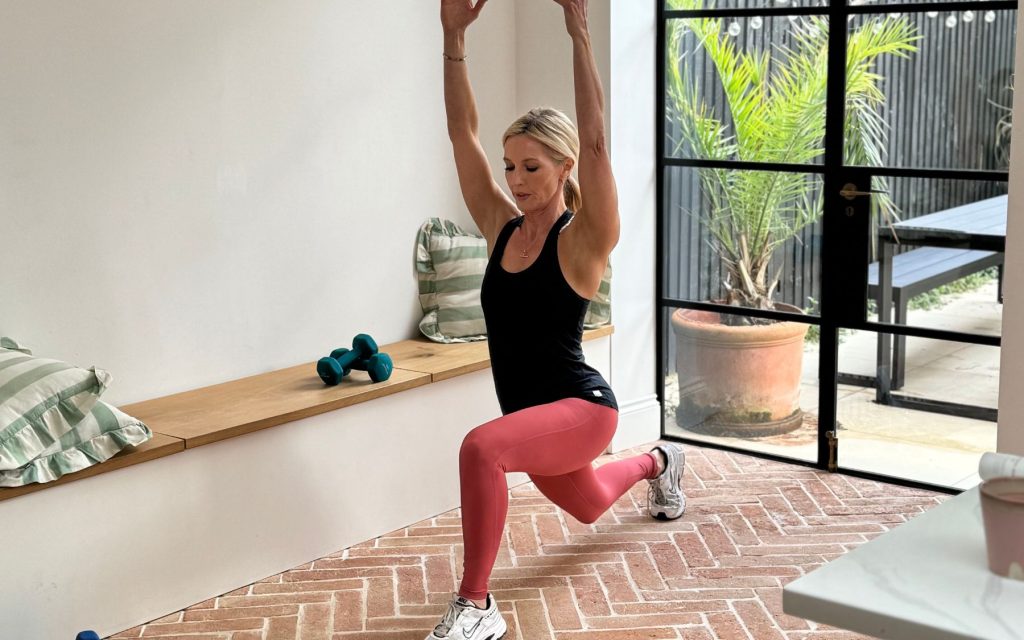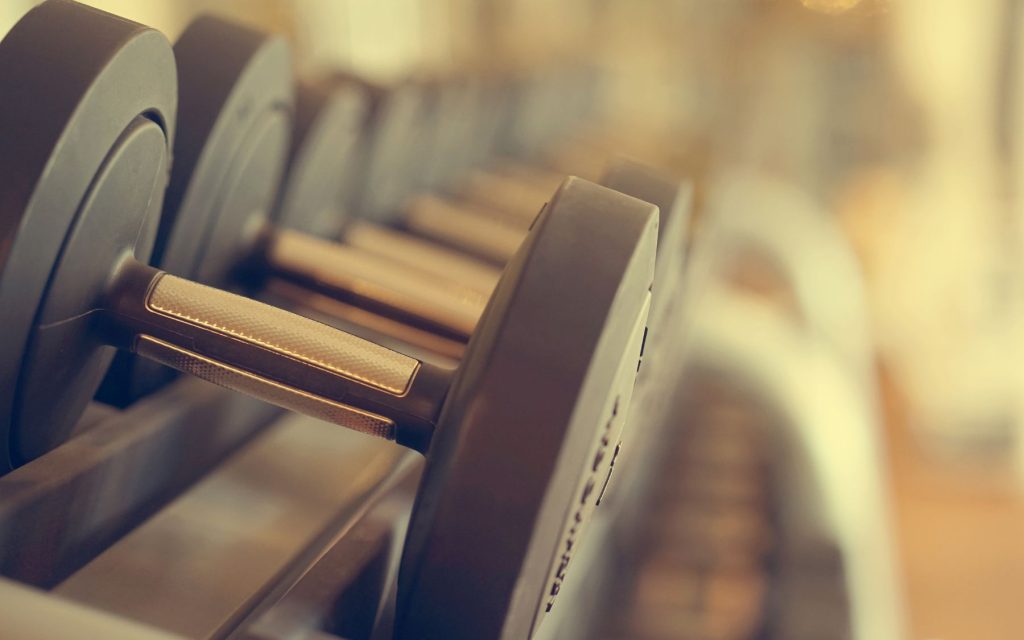
10 Hacks to Enhance Your Sleep
Optimising sleep is essential for overall health and well-being. I for one notice a huge difference on the days when I haven’t had a good night’s sleep the night before. There are certain things that I’m aware of that dramatically improve my sleep quality and I wanted to share these with you as well as find out what works for you at your end! I don’t always stick to these but I’m really trying to make them a priority going forward. So here are just a few of my top tips:
1. Maintain a consistent sleep schedule: go to bed and wake up at the same time every day, even on weekends. This helps to regulate your body’s internal clock.
2. Create a relaxing bedtime routine: I try to establish calming pre-sleep rituals, such as reading a book, taking a warm bath, or completing a skin care routine. I also swear by a lavender pillow spray – so good!
3. Create a comfortable sleep environment: ensure your bedroom is conducive to sleep. This includes a comfortable mattress and pillows, as well as a cool, dark, and quiet environment. Consider blackout curtains or white noise machines if needed. I also find the room temperature to be a major game changer – I hate being cold but then at the same time a stuffy hot room is a no no and I like to have fresh air. For those suffering with hot flushes this is a key consideration too.
4. Limit exposure to screens Before Bed: this is way easier said than done and I am definitely not the best at this but it really does make a difference. Reduce exposure to electronic devices like smartphones, tablets, and computers at least an hour before bedtime. The blue light emitted from screens can interfere with the production of the sleep hormone melatonin.
5. Control light exposure: get exposure to natural light during the day, especially in the morning. In the evening, dim the lights to signal to your body that it’s time to wind down – get those candles out!
6. Be mindful of what you eat and drink: avoid heavy meals, caffeine and alcohol close to bedtime. These can disrupt sleep or make it harder to fall asleep.
7. Exercise regularly: a no brainer for me – this one doesn’t usually fall by the wayside! Engage in regular physical activity, but try to finish your workout a few hours before bedtime. Regular exercise can promote better sleep but intense activity too close to bedtime may have the opposite effect.
8. Manage stress: Trying to reduce stressors in your life will make a massive difference to your sleep quality – anxiety and stress being even more prevalent during perimenopause/the menopause years. Tackle those stressors head on or work out your best way to manage them – for me I find a dog walk and yoga particularly helpful here as well as writing things down or talking them through with a friend.
9. Limit liquid intake before bed: reduce the consumption of liquids, especially caffeine and alcohol, in the hours leading up to bedtime to minimise disruptions from bathroom visits.
10. Eliminate artificial light from your bedroom: get rid of that digital alarm clock with flashing numbers, remove bright lights and make it a calm, cosy zone to help you drift off.
It’s important to note that individual sleep needs vary, so it may take some experimentation to find the strategies that work best for you. Consistently practicing good sleep routines can contribute to better sleep quality over time. And when you sleep better everything improves from the food choices you make, to your exercise habits, general mood, focus etc.
What are your top tips for better sleep?
As always, any questions please do get in touch.
Caroline x



